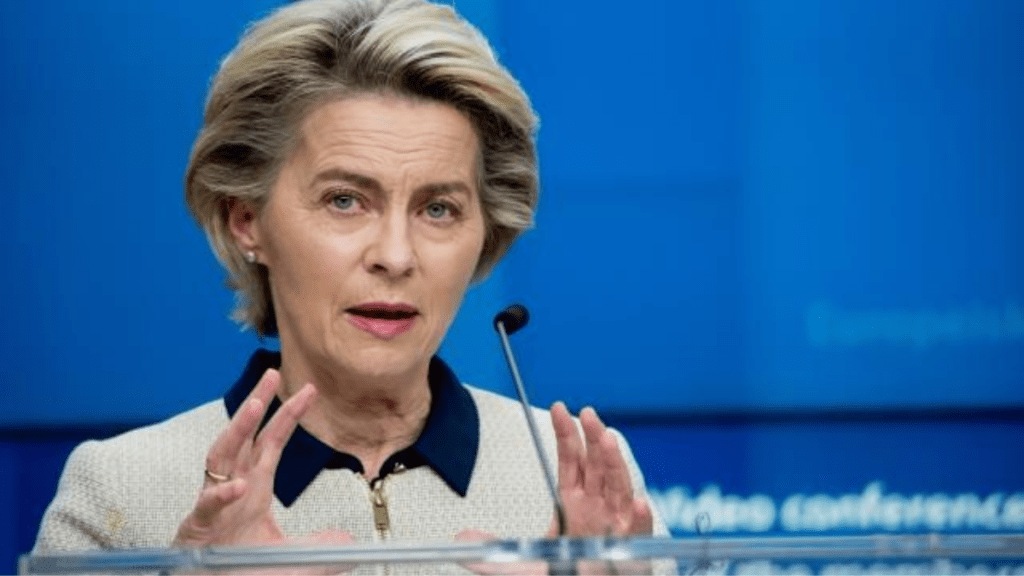The European Union (EU) is pressing for lower tariffs on key exports, including whiskey, wine, and cars, as part of its negotiations for a Free Trade Agreement (FTA) with India. The demand is set to be a central topic during the visit of the EU’s College of Commissioners, led by European Commission President Ursula von der Leyen, to India on February 27-28, reported Indian Express.
According to EU officials, trade and technology will be high on the agenda as both sides seek to finalize a commercially meaningful agreement. “India’s market remains relatively closed, particularly for key products of interest to the EU and our industries,” an EU official stated. “We expect stronger commitments from India, not just on tariffs but also on non-tariff barriers and procurement rules.”
FTA Negotiations Gain Momentum
The negotiations have been ongoing since May 2021, when Indian and EU leaders agreed to revive talks for a “balanced, ambitious, comprehensive, and mutually beneficial” trade deal. With nine rounds of discussions completed and a tenth round scheduled for March 10-14 in Brussels, the deal could mark India’s largest-ever FTA, granting improved market access for sectors such as textiles, leather, and marine products. The EU is India’s second-largest export market after the United States.
India, however, is seeking trade concessions for its micro, small, and medium enterprises (MSMEs) while also pushing back against the EU’s Carbon Border Adjustment Mechanism (CBAM), which could impose high duties on Indian steel and aluminum exports. The EU recently provided tariff concessions to Mercosur under a trade deal, and India is eyeing similar benefits.
Indian textile exports remain at a disadvantage compared to Bangladesh and Vietnam, as the absence of an FTA results in an additional 10% tariff. A deal with the EU could level the playing field, allowing Indian apparel exports to compete on equal footing. Additionally, India is seeking greater access to the EU services market and opportunities for skilled labor mobility.
High Expectations and Trade Standards
EU officials have expressed optimism about reaching a deal but acknowledge that bridging the gap in trade expectations remains a challenge. “We have the largest network of trade agreements in the world, covering 76 countries. India has relatively few such agreements. Finding a middle ground where our high standards and ambitions are reflected in a way that also benefits India will be key,” an EU representative noted.
Geopolitical Considerations: Russia and China
Beyond trade, EU officials are expected to discuss sanctions enforcement against Russia and strategies for reducing economic dependence on China. “President von der Leyen will highlight our continued support for Ukraine and the enforcement of sanctions on Russia,” the official said. “Additionally, de-risking from China is a crucial part of the EU-India relationship moving forward.”
As negotiations continue, the upcoming discussions in New Delhi and Brussels will be pivotal in determining the trajectory of the India-EU trade partnership, which both sides hope will lead to a breakthrough in the long-pending FTA.

